Psychology
Psychology is the scientific study of mind and behavior. Many people are fascinated by human behavior. Why do we act the way we do, and how is our behavior influenced? By measuring behavior, you can discover and understand a lot about human life, and what drives humans. Dive into developmental psychology, parent-child interaction, mental disorders research, and emotion analysis.

How to make communication easier for children with severe motor impairments
A decrease in the ability to make contact with others leads to limitations in communication. A Swedish research team investigated whether eye tracking assisted therapy could help children with motor impairments communicate.
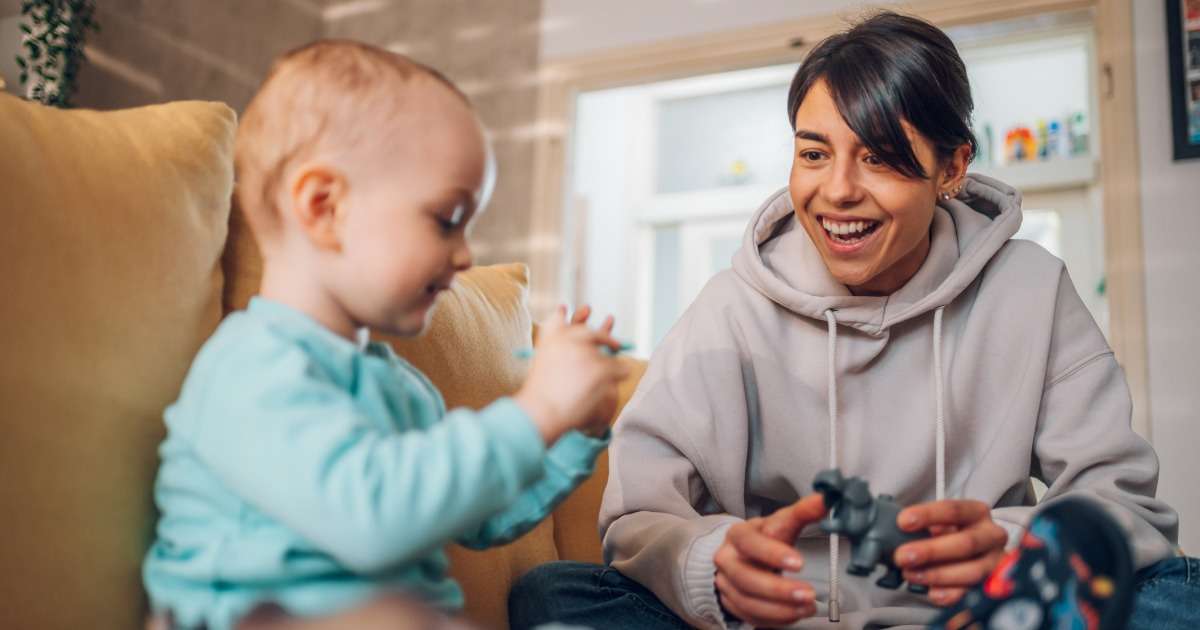
How to deal with noncompliant toddlers
We’ve all been there: getting a toddler to do what you want is a real challenge. What should you do in this situation? Researcher Larzelere and his team studied how behavioral modeling and collaborating can help.

5 tips to help behavioral researchers comply with privacy legislation
Privacy legislation can mean extra concerns for behavioral researchers, but these tips make your life easier
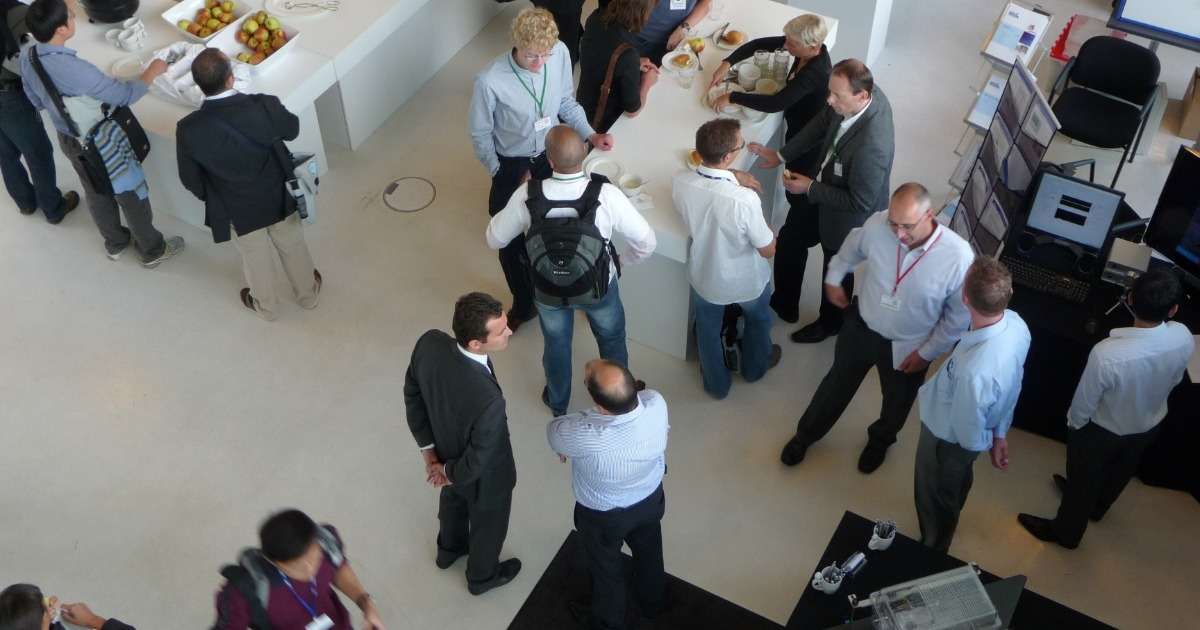
Psychology conferences in 2023
Conferences are a great way to combine work, knowledge, and social interaction with your peers. Like previous years we’ve put together a list of international psychology conferences in 2023 to help you out!

Understanding behavioral psychology with The Observer XT
What causes you to procrastinate, eat junk food, or form a habit? Questions like this, about the connection between our minds and our behavior, are studied in behavioral psychology.
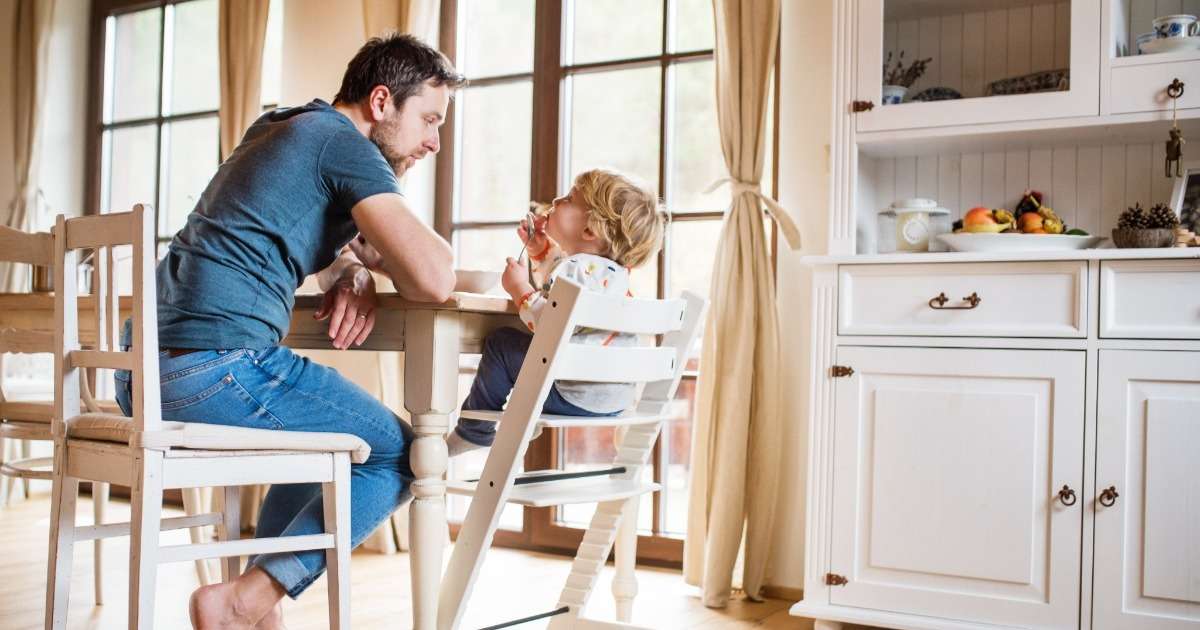
The New Jersey Families Study: unlocking the black box
Families are children's first teachers and home is their first school. Often we wonder or guess how such teaching is going. The NJFS, performed by the University of Princeton, offers insights.
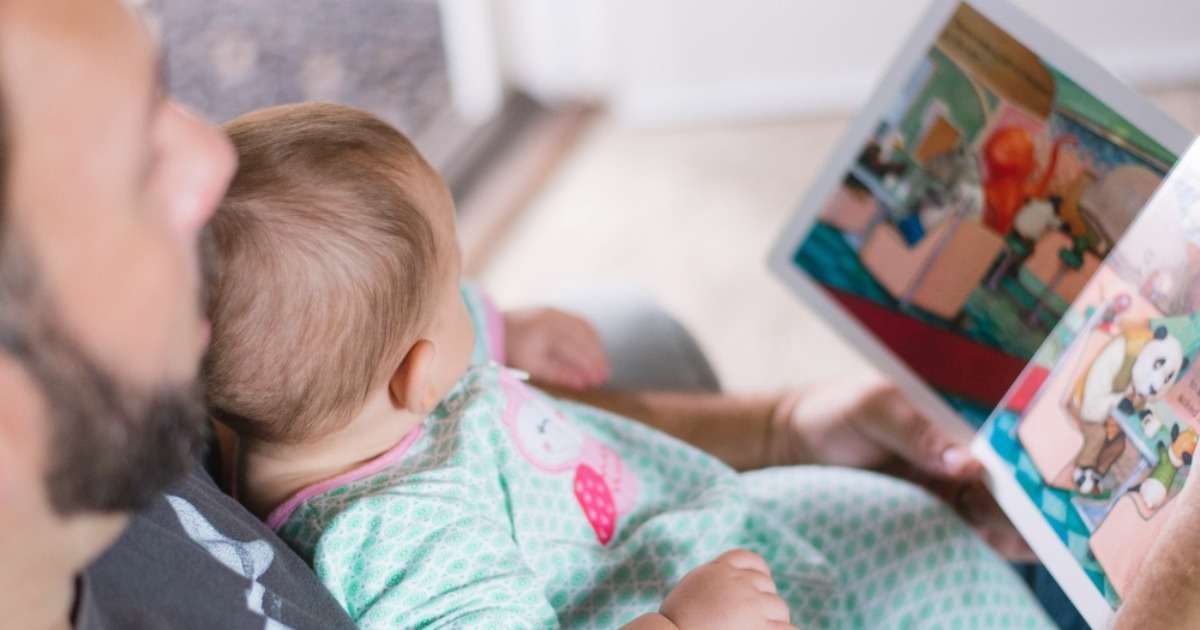
The importance of measuring infant behavior for early diagnosis of autism
Most efforts to detect autism before the age of two rely on parental reports rather than infant behavior.
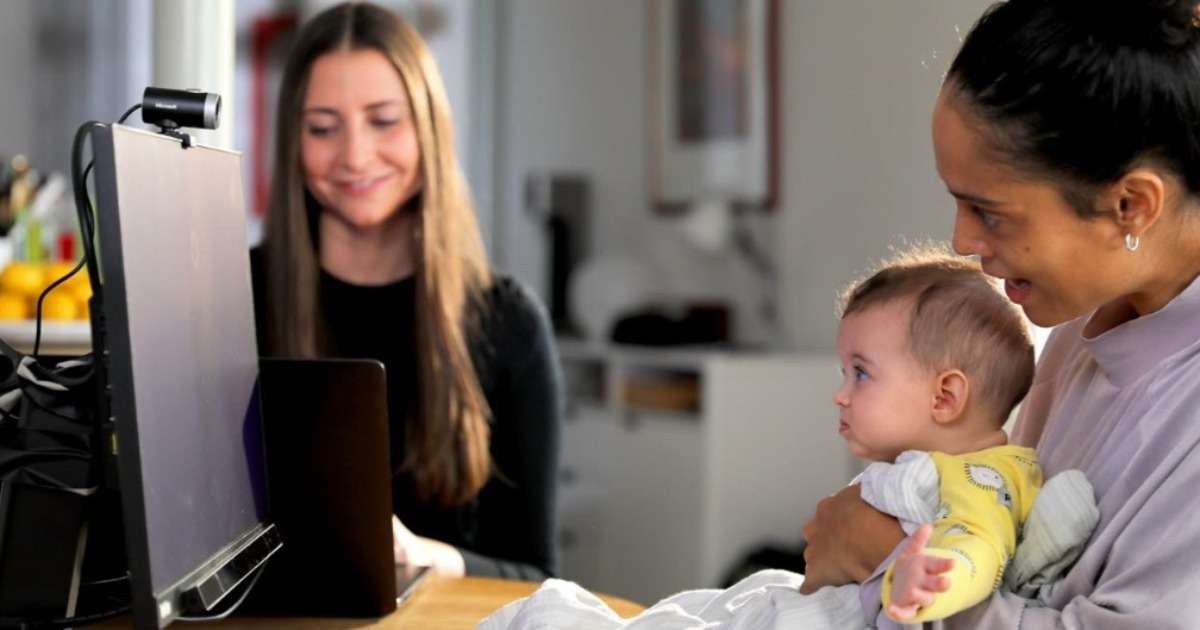
The importance of a multi-method approach in infant behavior research
The study of infant behavior provides incredible insight into the field of psychology, developmental biology, neuroscience, and other social and life sciences.

Using observational research to capture parent-child interaction
Researchers examined whether a combination of child and parental factors, such as the child's emotional temperament and parents' controlling feeding practices, influence food fussiness.
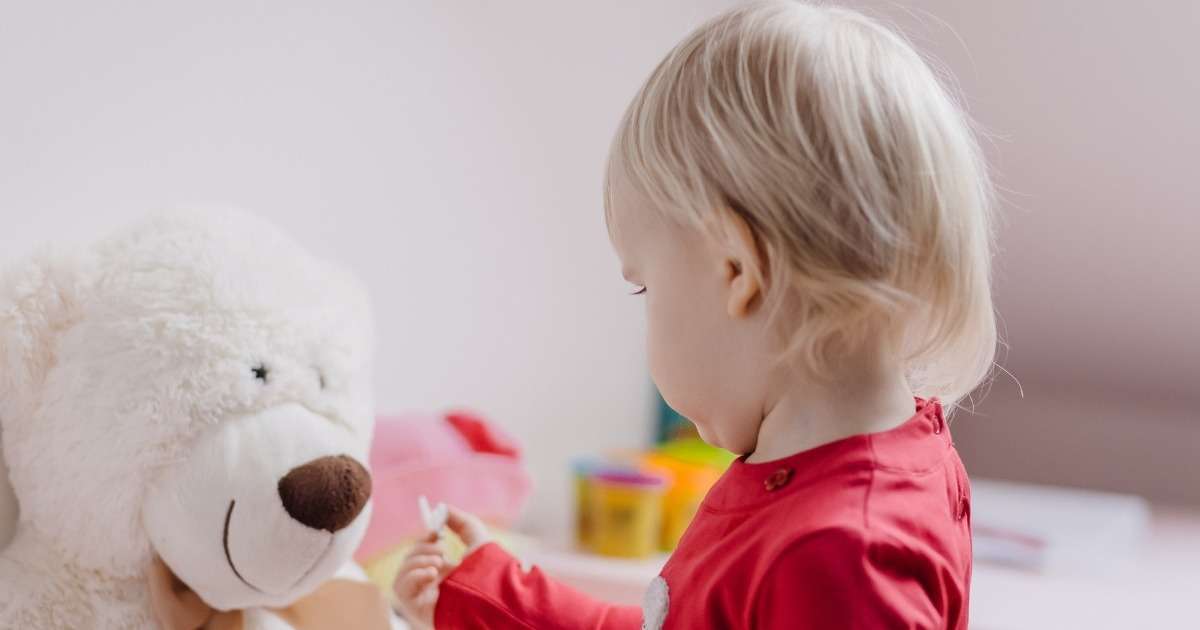
5 examples of infant studies
Researchers perform infant studies to properly monitor and understand all kinds of development factors. In this blog post, five examples of infant studies are highlighted.
